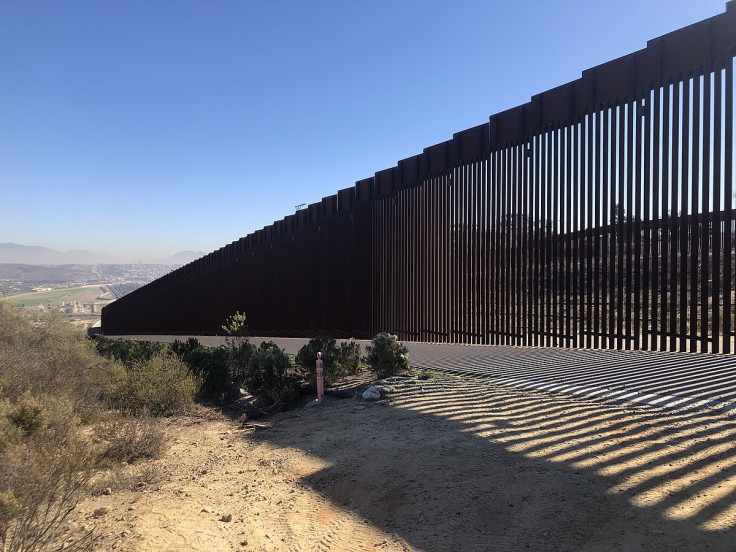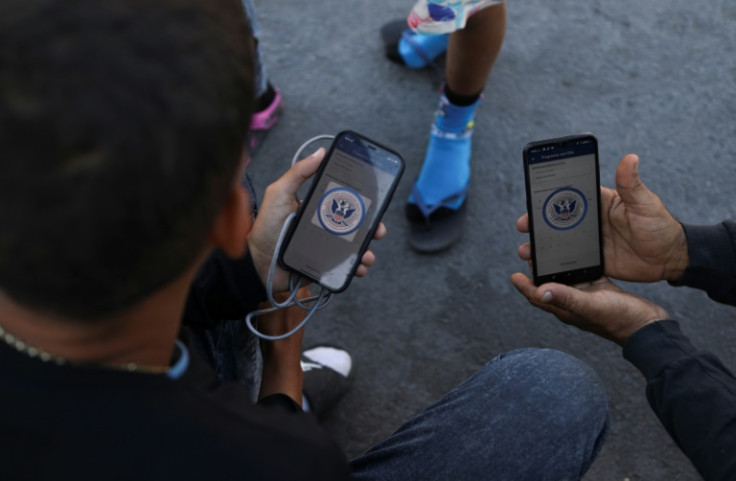
Mexican, Cuban, Haitian, Nicaraguan and Venezuelan migrants have been affected the most by the the Biden administration's decision to heavily crack down on asylum-seeking if illegal crossings exceed a certain threshold.
That's the conclusion of an investigative article published in Telemundo, which cites several sources ranging from migrants to shelter activists in Mexico and a Biden administration official.
The package of measures ordered by the White House, which went into effect on June 5 and have resulted in a 40% reduction in illegal border crossings, applies to all nationalities, and includes prohibiting migrants from claiming asylum when they arrive at the U.S. southern border once arrivals reach 2,500 per day over a seven-day average.
However, a lack of budget for chartered flights, poor diplomatic relations, and other operational challenges make it more difficult to deport people from many countries in Africa, Asia, Europe, and South America than from nationalities accepted by Mexican authorities.
Among the ones falling in the latter category, Mexicans are the most numerous, as they also represent a large share of migrants crossing into the U.S. through the southern border. Mexicans accounted for 38% of those detained in May, down from 85% in 2011 but still by far the most common nationality, according to the outlet.
According to a recent interview Secretary of Homeland Security Alejandro Mayorkas gave in Tucson, the United States is working with countries around the world to accept more of their deported citizens, but he noted there are multiple challenges, such as diplomatic relations with those countries and the time it takes to obtain travel documents.

"The reality is that it is easier to return people from some countries than from others," he said in an interview on Wednesday in Tucson, Arizona. "Yes, we do send people to Senegal, we send people to Colombia, we send people to India. It can be more difficult."
Biden's executive order marks the Democratic president toughest border restrictions yet, following a failed bipartisan border bill blocked by Congress Republicans that would have seen similar measures.
There are three types of asylum seekers which are exempt from Biden's controversial order: according to an analysis by the American Immigration Council, the restriction will not apply to unaccompanied children, or to people the U.S. government determines are victims of "a severe form of trafficking in persons."
Nor does the new asylum policy apply to the up to 1,450 people a day who make an appointment through the CBP One application, which allows immigrants with a sponsor in the U.S. to make an appointment at a legal port of entry where the CBP office serves them.
© 2024 Latin Times. All rights reserved. Do not reproduce without permission.







